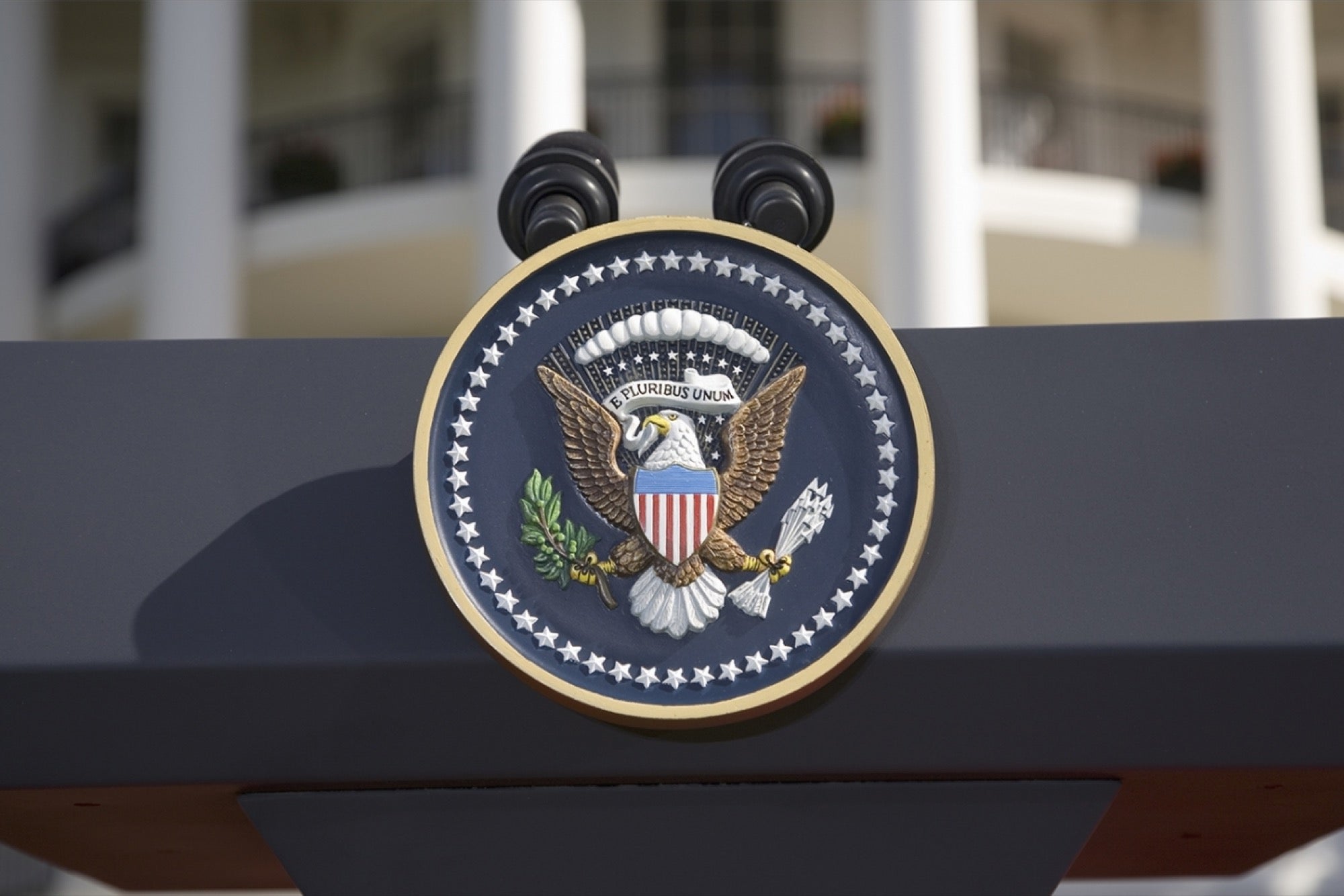Election Stress in Your Office? 8 Answers to Employers' Most Important Questions Do employees have an absolute right to discuss the election where you work?
By Jonathan Segal Edited by Dan Bova
Opinions expressed by Entrepreneur contributors are their own.

This article originally published September 7, 2016.
Less than 60 days remain until the election, leaving many employers asking the question: How do I prevent the political divide from becoming a workplace divide?
Related: How to Mix Business and Politics Without Ruining Your Business
Here are eight questions employers frequently ask about the election, and the answers to them.
1. Don't employees have a First Amendment right to say what they want politically?
The First Amendment applies only to restrictions imposed by the government. Private sector employees have no First Amendment rights in the workplace. So, you can prohibit employees from talking politics without worrying about the First Amendment. An exception to keep in mind is that in some states' constitutions, such as California's, free speech rights may apply to private sector employees. Therefore, imposing a ban in California, for example, is asking for trouble.
2. Do employees have any rights to express their political views in the workplace independent of any constitutional right?
Yes, employees covered by the National Labor Relations Act (NLRA) probably have the right to share their views -- including the right to wear buttons -- if their political statements relate to the terms and conditions of employment.
Two examples:
- Vote for Clinton so there is paid parental leave.
- Vote for Trump so that religious rights in the workplace are respected.
Important note: Supervisors and managers are not protected by the NLRA.
3. Can employers discriminate against a message that favors one political view over another?
This may come as a surprise too, but, unlike race, sex or religion, political affiliation is not a protected group under federal law and almost all state laws.
There are exceptions, though, such as in the District of Columbia and a few other localities.
Still, just because something may be lawful does not make it right. It would be foolish, even if not illegal, to discriminate based on political viewpoint. Do you really want to alienate a large percentage of your employees and customers?
Related: The Real Reason You Should Never Talk Politics at Work
4. What if what is said in the workplace is discriminatory?
What if someone makes a conduct hostile to Mexicans? Or disparages Christians?
Employers have more than a right to respond to discriminatory messages in the workplace. They have a legal obligation to do so. Employers can brook bias of no kind, and that includes during this election season.
5. Are we better off banning all political speech to avoid disruptions?
I can answer this question in one word: No. It is simply not practical, and it will get even harder to do as we inch nearer to the election.
It's also not desirable. Ban political talk, and political opponents may agree on one thing -- you as the employer have gone too far.
6. What reasonable restrictions should employers impose to minimize disruption and risks of upsetting customers?
Yes, you probably could have a rule that states that anyone who interacts with the public may not wear a political button or otherwise convey a political message of any kind. I say probably and not absolutely, because the federal board that interprets the NLRA continues to limit what employers can do.
So employers need to balance the potential legal risk against the business risk of doing nothing.
7. What if there are disruptions in the workplace?
Some disruptions are inevitable. You absolutely can respond to the disruptions. It's not like you are paying employees to be as dysfunctional as Congress! Try to focus on the disruption as opposed to the content of the disruption -- unless what is said is discriminatory. There should be both the reality and the appearance of being even-handed.
8. May an employer, as leader, express his or her own views?
There's no question that employers may share personal views. The question is how and when.
Remember: Power is based on influence, and someone's influence may be tarnished if he or she does not temper personal political views.
Related: Why Politics and Business Don't Mix
Better to support a candidate than bash the other side. And, at all costs avoid saying, "I don't know how anyone could vote for [fill in the blank]." You are effectively calling those who disagree with you idiots. Not exactly the key to employee engagement.









